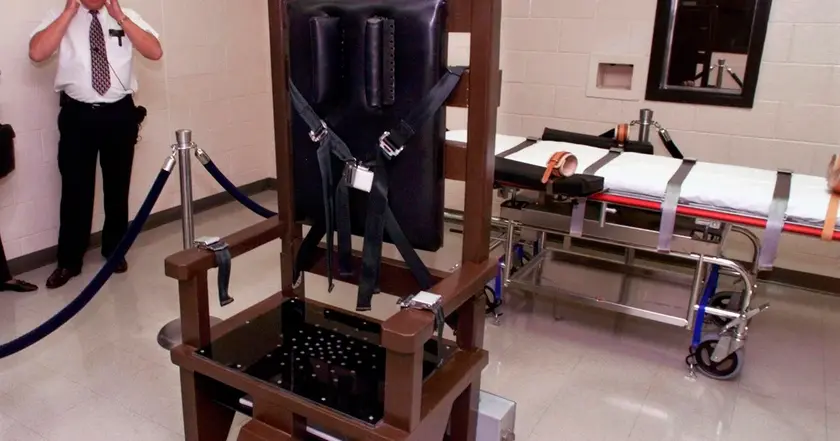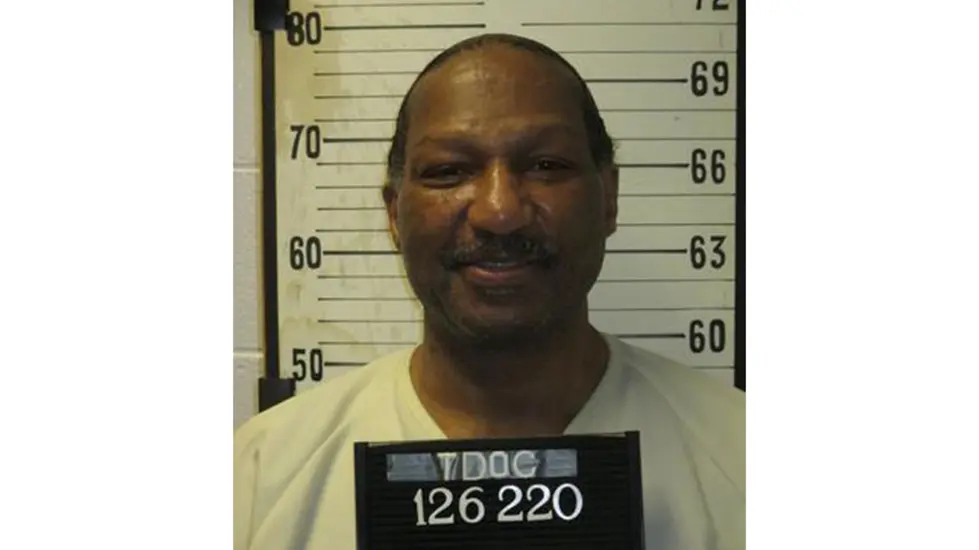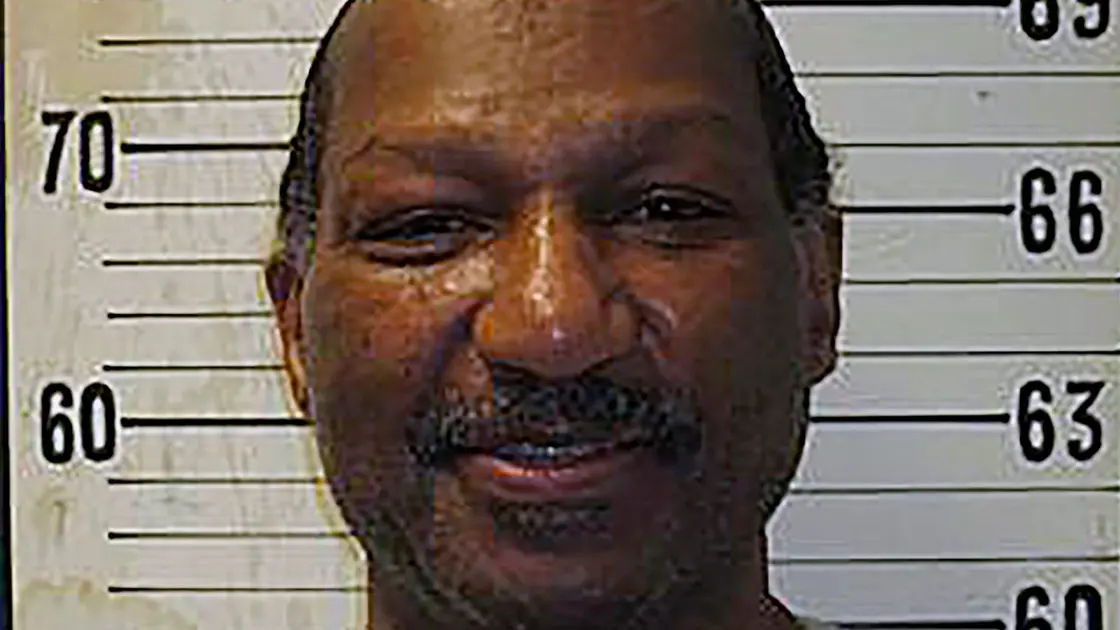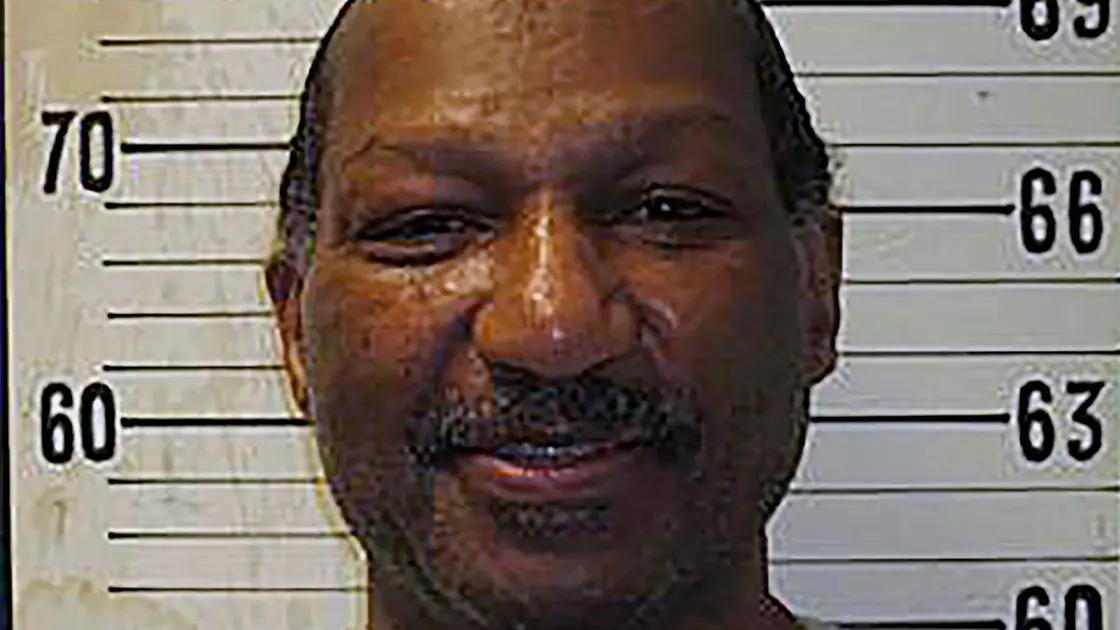T4K3.news
Tennessee executes Byron Black despite health concerns
Byron Black was executed with a working defibrillator, raising ethical issues.

Byron Black's execution raises urgent questions about medical ethics and state procedures.
Tennessee carries out execution of Byron Black amid health device controversies
Byron Black was executed in Tennessee despite having a working defibrillator implanted in his chest, raising serious concerns about the execution process. Witnesses reported that Black expressed pain shortly after the lethal injection began. Legal disputes had previously surfaced concerning whether the defibrillator should be deactivated before the execution, but the state Supreme Court overturned earlier rulings calling for its deactivation. Black's execution came after a lengthy legal battle, highlighting potential medical ethics violations in the conduct of capital punishment. He was convicted in 1988 for the murder of his girlfriend and her two daughters, an act driven by jealousy, according to prosecutors. Legal representatives for Black argued he experienced unnecessary suffering during the process and planned to review medical data for further investigation.
Key Takeaways
"The state of Tennessee killed a gentle, kind, fragile, intellectually disabled man."
Black's attorney condemned the execution, emphasizing his client's vulnerability.
"Witnesses reported that Black appeared to be in pain during the execution."
This statement underscores the serious concerns about the execution protocols.
"Most medical professionals consider participation in executions a violation of health care ethics."
This quote points to the ethical dilemma surrounding medical involvement in capital punishment.
"The fact that he was able to raise his head several times tells you that the pentobarbital was not acting as expected."
Black's attorney questioned the effectiveness of the lethal injection protocol.
The execution of Byron Black shines a harsh light on the intersection of capital punishment and medical ethics. As states look for more lethal methods, the implications of executing individuals with known health conditions are profound. Black's case is notable not only because of his implanted defibrillator but also due to the allegations of his suffering during the execution. Such circumstances could encourage broader scrutiny of death penalty practices, particularly concerning treatment of the medically vulnerable. As the debate about the morality of the death penalty continues, this incident could reignite calls for reforms across state lines, pushing for humane treatment even within the justice system.
Highlights
- How can we justify executing a man with a defibrillator in his chest?
- This case raises deep ethical questions about capital punishment.
- The state ignored serious medical concerns during the execution.
- Black's suffering highlights flaws in our justice system.
Execution Raises Ethical Concerns
The use of lethal injection on a man with an active defibrillator raises serious ethical and medical questions about the execution process.
This case will likely lead to growing calls for reforms in execution practices.
Enjoyed this? Let your friends know!
Related News

Tennessee executes Byron Black despite health risks

Tennessee inmate executed despite health concerns

Tennessee moves forward with controversial execution

Tennessee executes inmate amid health concerns

Tennessee prepares for execution of Byron Black with medical concerns

Tennessee executes Byron Black amid health concerns

Byron Black executed while having working defibrillator

Byron Black to be executed with working defibrillator
